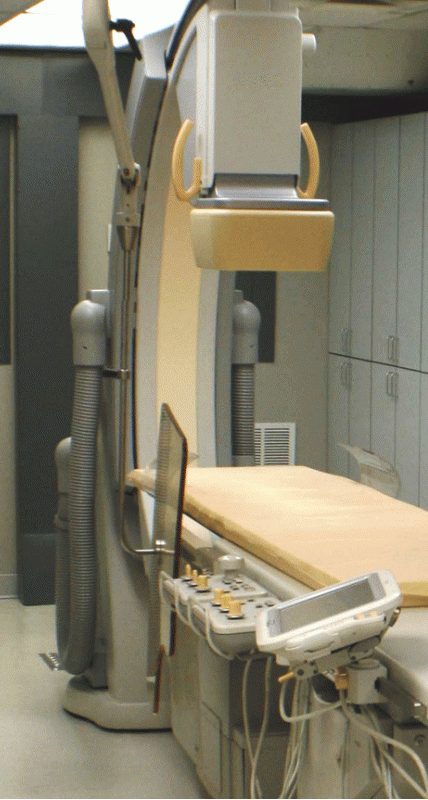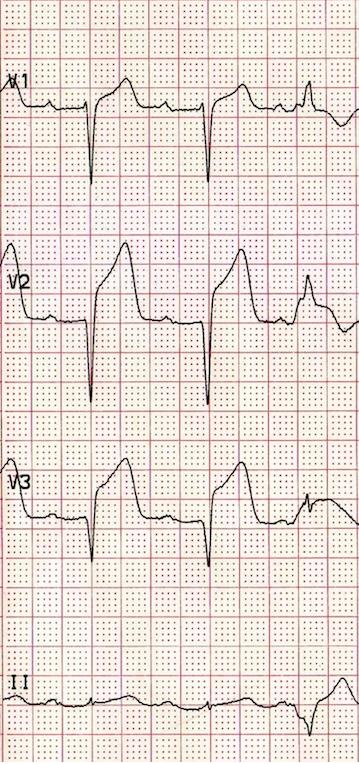Indications
Indications for cardiac catheterization include:
- Acute Myocardial Infarction
- Assessment of coronary vasculature after abnormal noninvasive studies
- Assessment of coronary artery disease in patients with confusing clinical presentations or unexplained chest pain
- Assessment of valvular disorders and cardiomyopathy to determine the need for surgical correction
- Medical clearance for surgical procedures
- Evaluation of Aortic Dissection
Contraindications
The only true Absolute Contraindication for cardiac catheterization is patient refusal.
Here is a list of Relative Contraindications that require special attention before proceeding with cardiac catheterization.
- Severe uncontrolled hypertension
- Ventricular arrhythmias
- Acute Stroke / Recent cerebrovascular accident (<1 month)
- Severe Anemia
- Active gastrointestinal bleeding
- Allergy to radiographic contrast
- Acute renal failure
- Uncompensated congestive heart failure (patient cannot lie flat)
- Febrile illness or untreated infection
- Electrolyte abnormalities
- Anticoagulation and clotting disorders
- Pregnancy
- Uncooperative patient
Complications
Major complications are in bold
- Death
- Heart Attack
- Lethal Arrhythmias
- Cerebrovascular accident or Stroke
- Bleeding
- Perforation of a blood vessel
- Dissection of a blood vessel
- Infection
- Allergic reaction to the contrast/dye
- Air embolism
- Congestive Heart Failure
- Vasovagal reaction
I am reminded of what Dr. Kern would always share with us. Never have a factory worker attitude when approaching a procedure as just another cardiac cath. Be aware of what is going on with the patient and observe for warning signs of potential complications. Early intervention can be life saving.
References
- Kern, M. et al (2003) The Cardiac Catheterization Handbook (4th ed.). Philadelphia, Pa: Mosby.

